The Israel Institute for Biological Research (IIBR) has reported “significant progress” toward a vaccine against the novel coronavirus this week.
Prime Minister Benjamin Netanyahu said in a statement that he spoke to IIRB’s Director-General Prof. Shmuel Shapira on Tuesday who updated him on the lab’s research and development efforts regarding a vaccine and antibodies. Professor Shapira “noted that there has been significant progress in planning for the vaccine” and that preparations are now being made to start trials on animals, according to the statement.
A source familiar with the institute’s activities told Reuters and other media outlets that trials were already underway on rodents, without specifying which type.
Eran Zahavy, the institute’s chief innovation officer said last week that the challenges toward vaccine development were high that the lab has seen “good preliminary results but there is a long way to go.”
Zahavy told an audience in an online webinar hosted by Jerusalem Venture Partners titled “Corona Wake Up Call” that the institute has shifted all its focus toward researching the novel coronavirus and that it is currently working with three companies, including two startups, on different aspects of collaboration “especially in treatment, not just a vaccine.”
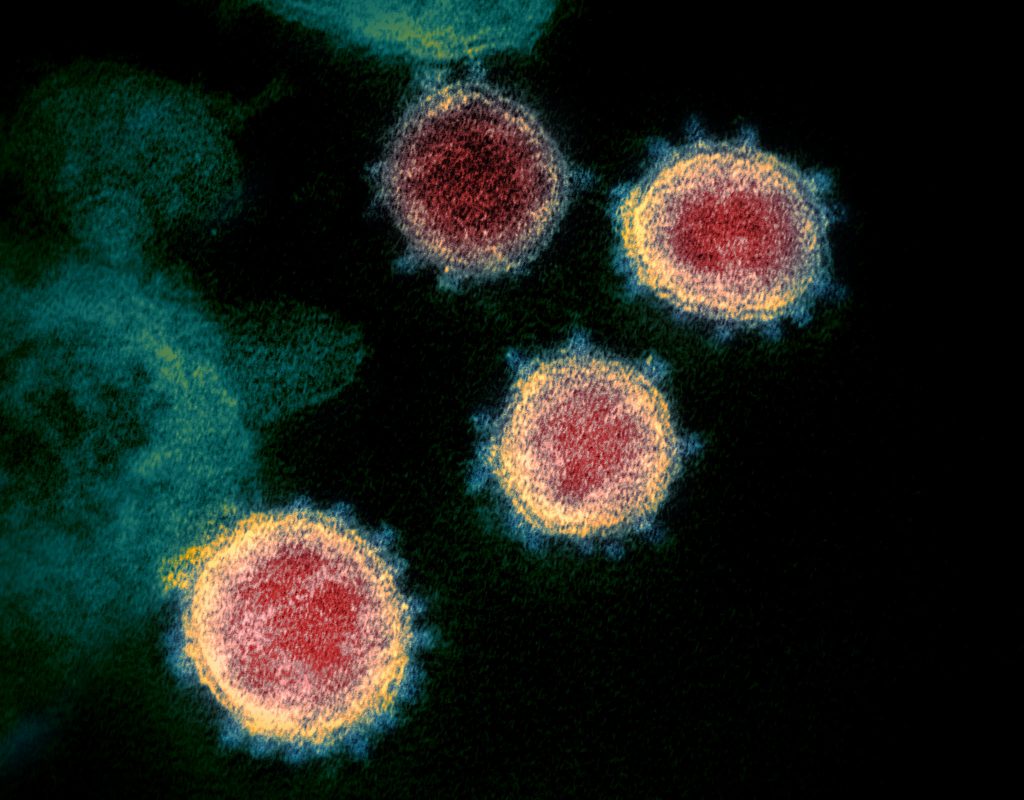
The institute is also involved in plasma collection from Israelis who have recovered from COVID-19 for research purposes, Zahavy indicated.
Netanyahu tapped the secretive institute in early February to begin development on producing a vaccine. The institute is a governmental research center specializing in biology, chemistry and environmental sciences and falls under the jurisdiction of the Prime Minister’s Office.
“If we work fast enough, with the appropriate budgeting and the talented people we have, the State of Israel will be ahead of the world,” Netanyahu said at the time.
Israeli developments toward a vaccine
Israel’s Migal Research Institute in the northern Israeli town of Kiryat Shmona is also working on a vaccine for COVID-19. In early March, Migal scientists said that they have successfully developed a new vaccine for a deadly virus affecting poultry and are now working to adapt the vaccine for humans.
While working on the avian vaccine for IBV (Infectious Bronchitis Virus), an avian coronavirus that affects the respiratory tract, gut, kidney and reproductive systems of domestic fowl, the scientists said they identified a possible COVID-19 vaccine candidate as a by-product. They are working to make “required genetic adjustments to adapt the vaccine to COVID-19, the human strain of coronavirus,” and safety approvals that will allow for in-vivo testing and – in the future – the production of a vaccine.
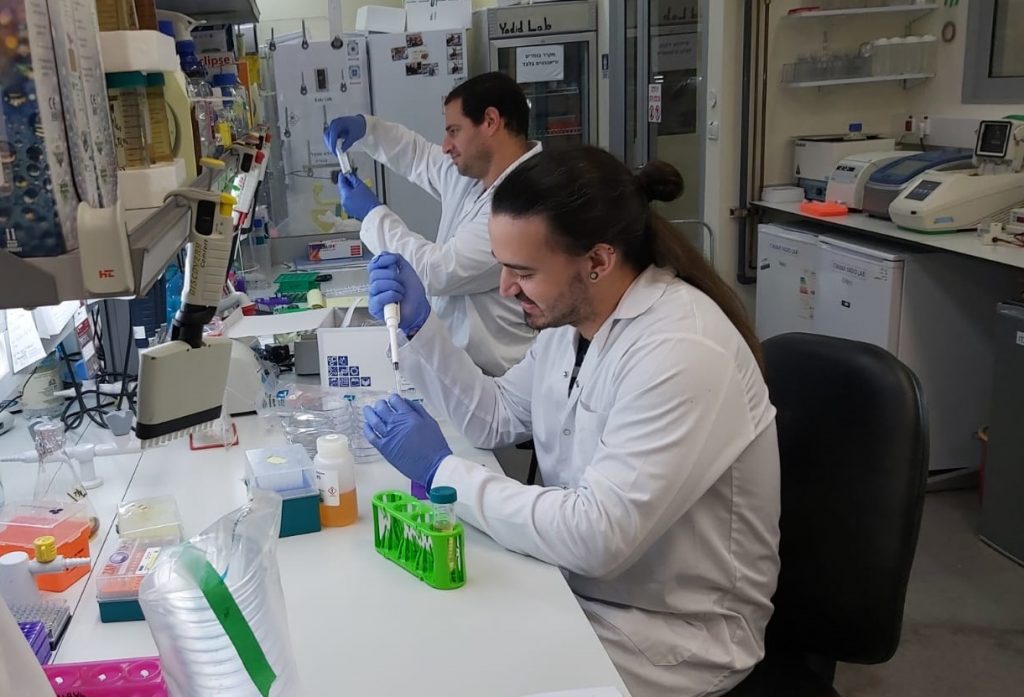
Migal said scientific research conducted at the institute has been found that the avian coronavirus has “high genetic similarity to the human COVID-19, and that it uses the same infection mechanism, a fact that increases the likelihood of achieving an effective human vaccine in a very short period of time.”
Dr. Ehud Shahar, head of the immunology group of the coronavirus research team at Migal, told NoCamels last month that the team was actually working on a number of vaccine platforms, one of which was the avian coronavirus, when the novel human coronavirus outbreak began and then spread.
Dr. Shahar explained that the avian vaccine will “translate quite easily to a vaccine for humans because the principle is the same – to trigger the immune system to fight it. But one difference is that in human cases, you can take a virus and kill it [this is called an inactivated vaccine, like for the flu or polio] or weaken it [this is a live-attenuated vaccine, like for MMR or smallpox] and create a vaccine that way. And what we created is a synthetic vaccine made of two proteins.”
Sign up for our free weekly newsletter
Subscribe“It’s also an oral vaccine which has two advantages. One, there’s no need for a shot. And two, the protection is in the mucosal tissues which affect the respiratory and intestinal systems. And we know that this is how COVID-19 works, by affecting these systems,” he said.
A vaccine would not treat the disease which has so far infected over 900,000 people worldwide and claimed the lives of more than 40,000. But it is a path toward global immunization.
Israel currently has over 5,500 confirmed cases of coronavirus infections, with 21 deaths and 226 recoveries, according to Health Ministry data from April 1.
Meanwhile, Rehovot-based company Kamada, a commercial-stage plasma-derived biopharmaceutical company, announced a few weeks ago that it was developing a “passive vaccine” for the coronavirus as potential treatment for severely ill patients.
The company specializes in the extraction and purification of proteins from human plasma to produce immune globulins. “The plasma-derived Anti-Corona (COVID-19) IgG product is expected to be produced from plasma derived from donors recovered from the virus, which is anticipated to include antibodies to the novel coronavirus,” the company said.
“The current global crisis resulting from the coronavirus outbreak calls for urgent highly-focused efforts to accelerate the development and manufacturing of potential treatments, especially for life-threatening situations,” said Amir London, CEO of Kamada, in a statement. “Kamada intends to utilize its proven hyper-immune IgG development experience and proprietary technology platform to initiate the development of an Anti-Corona (COVID-19) IgG product. We are working with the Israeli regulatory authorities and local medical institutions to advance our program.”
Global efforts toward a vaccine and treatment
Over two dozen companies and academic institutions worldwide are working to develop a vaccine or a treatment for the coronavirus. China, where the outbreak began in December, quickly shared the genetic material sequence of the coronavirus known as SARS-CoV-2, which causes COVID-19, allowing research groups to begin studies.
US company Moderna was first out the gate, having announced in February that it shipped out an experimental vaccine for testing at the National Institute of Allergy and Infectious Diseases (NIAID). Clinical trials on humans are now starting.
California-based biotech firm Gilead Sciences is currently in a Phase III clinical trial to evaluate the safety and efficacy of its novel antiviral drug Remdesivir, developed originally for Ebola, in adults diagnosed with COVID-19. These trials build on additional research including two clinical trials in China’s Hubei province led by the China-Japan Friendship Hospital, and a clinical trial in the US-led by NIAID. Results from the studies in China are expected this month, Gilead Sciences said.
Experimental antiviral drugs like Favilavir developed by the Zhejiang Hisun Pharmaceutical Company, and HIV drug Kaletra/Aluvia (lopinavir/ritonavir) by American biopharmaceutical company AbbVie are also being tested as treatment.
This week, US-Israeli clinical-stage pharmaceutical company NeuroRx and Swiss drug development company Relief Therapeutics said that they received authorization from the US Food and Drug Administration (FDA) to begin a mid-stage trial for the use of Aviptadil to treat acute respiratory distress in coronavirus patients. Aviptadil is a patented form of vasoactive intestinal polypeptide that has previously shown promise in treating Acute Respiratory Distress Syndrome (ARDS), in which severe inflammation causes the lungs to fill with fluid, the companies said.
Coronavirus death is primarily caused by ARDS.
Related posts

Editors’ & Readers’ Choice: 10 Favorite NoCamels Articles

Forward Facing: What Does The Future Hold For Israeli High-Tech?

Impact Innovation: Israeli Startups That Could Shape Our Future


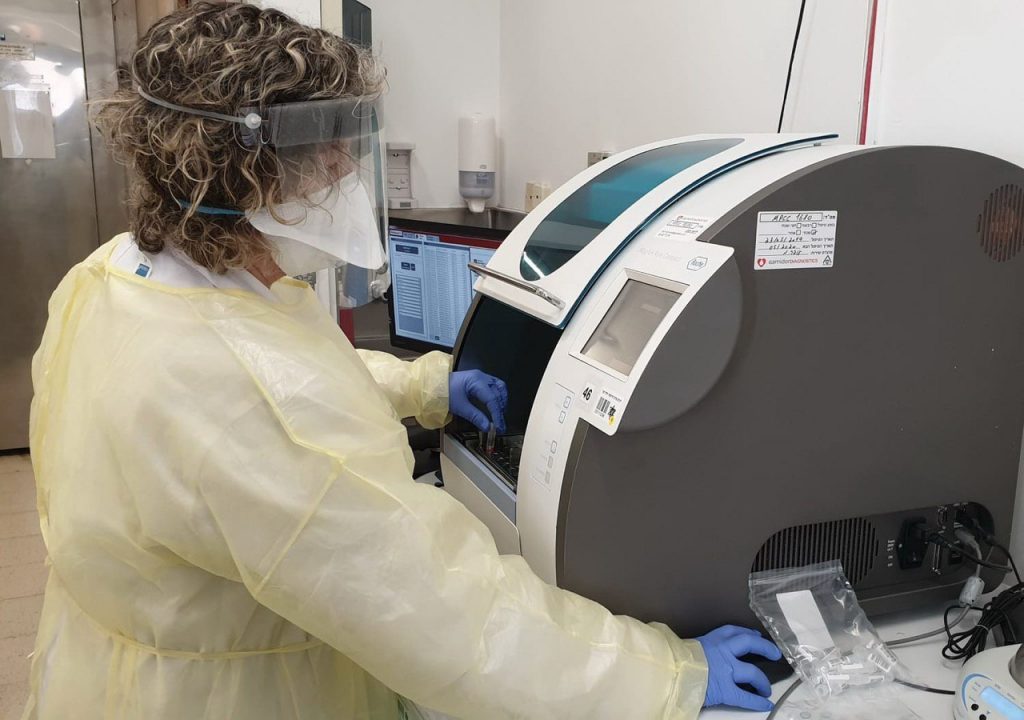
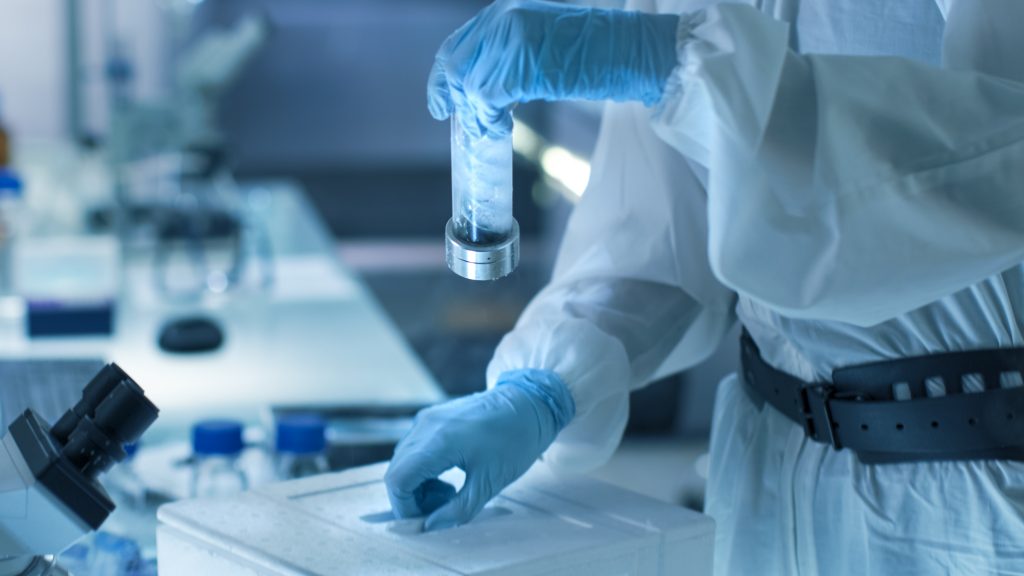
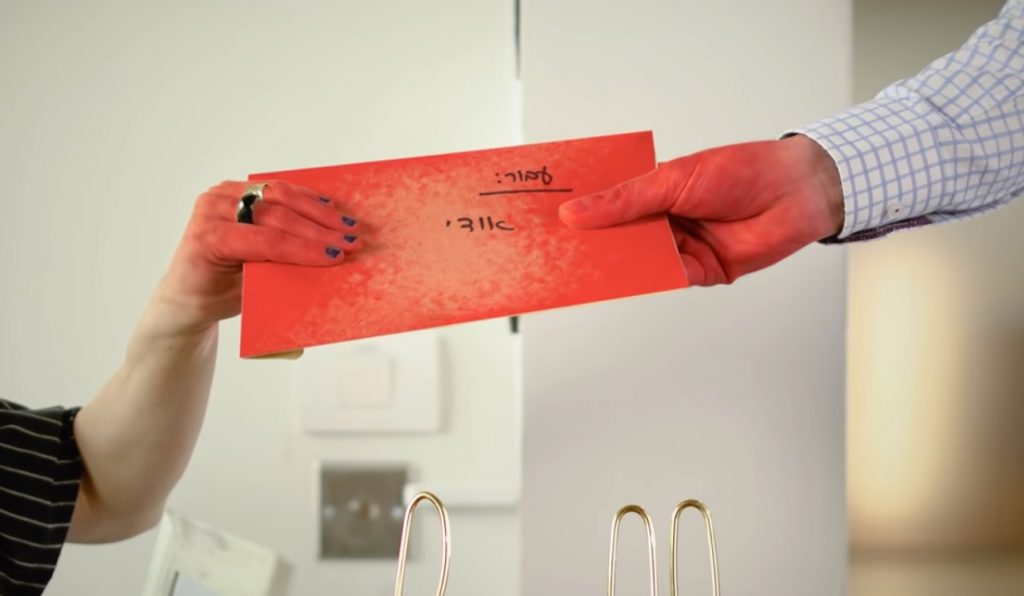

Facebook comments